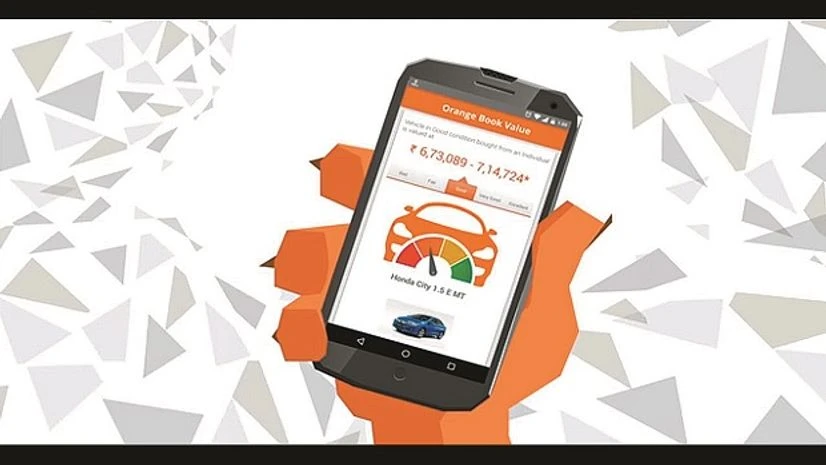Brand: Droom
Budget: Rs 12 crore
Agency: Contract Advertising
Buying second-hand goods, more so expensive possessions, involves a leap of faith in India, given the general feeling of suspicion towards and lack of trust in the seller. No wonder, traditionally the transaction would take place between people known to each other rather than perfect strangers. But how do companies operating in the nascent but rapidly growing online space solve this old riddle?
A new advertising campaign comprising three TV commercials of online used car marketplace Droom tries to tackle this by assuring the user that she would be paying the right price by simply using its algorithmic pricing engine, Orange Book Value (OBV).
Also Read
The three ads are animation films, each 30 seconds long, showing the figure of a lion who has traditionally had to suffer the fate of a “bakra” (scapegoat or fool) in India. But no longer, the lion himself and a voice-over reassure, thanks to the OBV whose app can be downloaded on a mobile phone to know all the important details in “10 seconds”. The campaign is titled #ResaleKaMRP, and the audience is told to fill the options, “purpose”, “party”, “category”, “make”, “model”, “year” and “trim” to know the market value of the vehicle for buying or selling. The three ads separately explain what the OBV is all about, why and how should one use it.
The campaign was conceptualised by Contract Advertising. The marketing objective for the TVCs was to establish OBV as a de facto industry standard for pricing of used automobiles in India, create brand awareness and establish the product.
The idea behind the communication was to introduce the concept of checking prices of used vehicle online as being synonymous to the product by lending it a youthful personality with the help of the animated character. The 360-degree campaign has a budget of Rs 12 crore and includes TV, radio and outdoor channels, to be on air through the third week of December.
Sandeep Aggarwal, founder and chief executive officer, Droom, explains that unlike in the US, Western Europe and in Japan, India is a low-trust market. While in the western markets a seller is legally obligated to disclose any known problem of the vehicle to buyers, in India, sellers lie, mislead or do not say anything, he adds.
“What we have done with the OBV is that we have created India’s first benchmark for pricing. So, it takes one of the three things out of the equation, which is ‘Am I paying the right price?’ This is an algorithmic engine, we have a US patent and we have done 53,000 transactions worth roughly Rs 1,200 crore to evaluate the results of the algorithms. So, we think it’s a very scalable, objective, independent and unbiased way of finding out what should be the price of a vehicle rather than pulling out a number from the hat.”
He points out through all its products — including Eco (auto inspection app), seller KYC and rating and reviews, and Full Circle Trust Score — Droom tries to answer other critical concerns of buyers such as “who is the seller” and “what is the condition of the vehicle”.
The company is clocking over Rs 1,500 crore in gross revenue, with 6,500 transactions a month, of which 65 per cent are two-wheelers, 30 per cent are cars and five per cent are services (auto loan, warranty), reveals Aggarwal. “We spend less than five per cent of our gross revenue in marketing, while the India average is 12 per cent. We will touch roughly Rs 3,000 crore GMV (gross merchandise value) by March 2017 and Rs 4,500-5,000 crore by December 2017,” he adds.
Asked how Droom seeks to differentiate itself as a brand in the online space, Aggarwal says the company positions itself as the only end-to-end transaction platform in the country. Such a platform as well as free classifieds sites and discovery platforms are required in a large automobile market like India, he adds. “Only 15 per cent of the used car market is organised, in case of two-wheelers almost 100 per cent of it is unorganised. So, we are bringing an experience online which physical retail cannot.”

)
